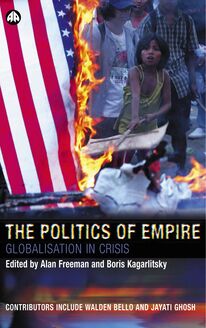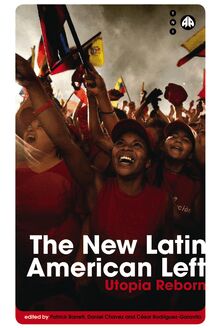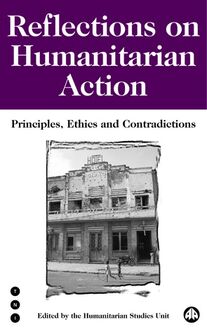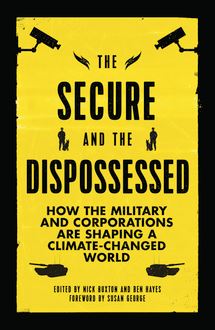The Politics of Empire , livre ebook
295
pages
English
Ebooks
2004
Obtenez un accès à la bibliothèque pour le consulter en ligne En savoir plus
Découvre YouScribe en t'inscrivant gratuitement
Découvre YouScribe en t'inscrivant gratuitement
295
pages
English
Ebooks
2004
Obtenez un accès à la bibliothèque pour le consulter en ligne En savoir plus
Publié par
Date de parution
20 septembre 2004
Nombre de lectures
0
EAN13
9781849641906
Langue
English
Poids de l'ouvrage
1 Mo
Writers including Walden Bello, Jayati Ghosh, Kate Hudson, Boris Kagarlitsky and Alan Freeman offer a wealth of factual evidence showing that globalisation has driven apart peoples, classes and nations, shaping and reshaping key regions of the world. Challenging the idea that it is inevitable, they argue that its economic contradictions have thrown the world order that sustained it into crisis.
Globalisation's opponents are shaping a new intellectual tradition. For the first time, the book brings together the critiques thrown up by resistance to globalisation, to war, and to imperialism. Free from ideology and dogma, showing how the peace and anti-globalisation movements can join forces and face the coming period of world history.
1. Introduction: World empire – or a world of empires?
2. The inequality of nations
3. The Crisis of the Globalist Project and the New Economics of George W. Bush
4. Imperialist Globalization and the Political Economy of South Asia
5. Globalization and the New World Order: The new dynamics of imperialism and war
6. The Crisis of Global Capitalism: how it Looks from Latin America
7. Facing Global Apartheid
8. Unity, diversity and international cooperation: The US war drive and the anti-war movement
9. From Global Crisis to Neo-Imperialism: the Case for a Radical Alternative
Notes on contributors
Index
Publié par
Date de parution
20 septembre 2004
Nombre de lectures
0
EAN13
9781849641906
Langue
English
Poids de l'ouvrage
1 Mo





